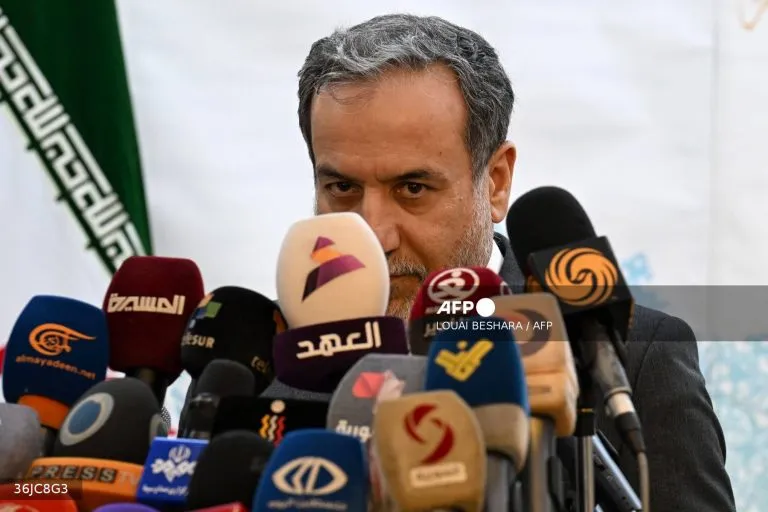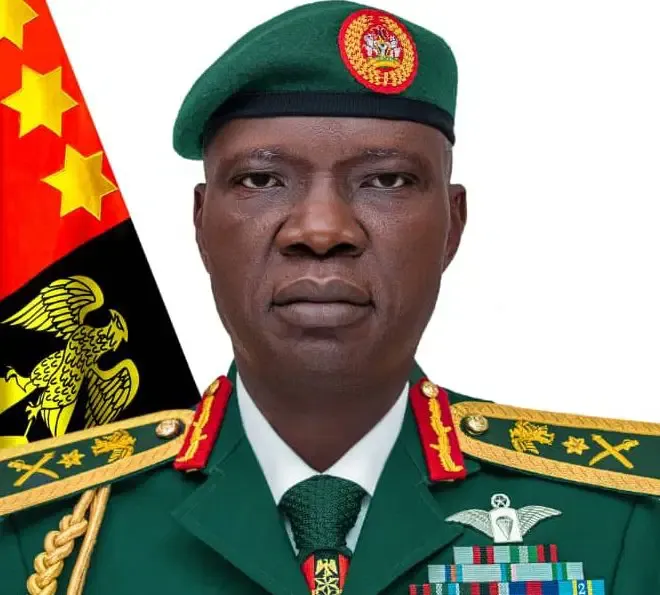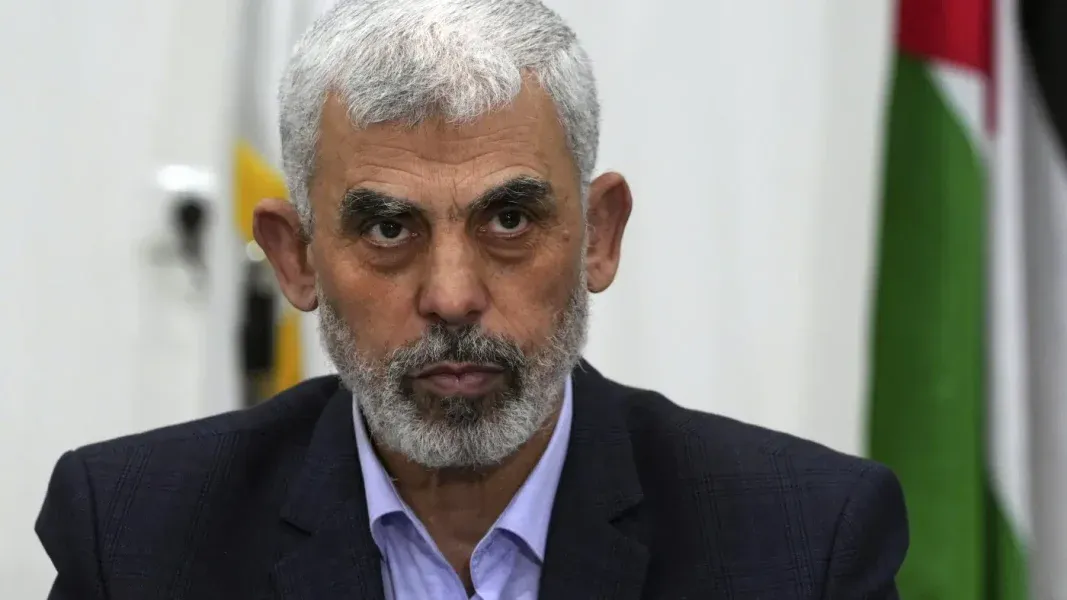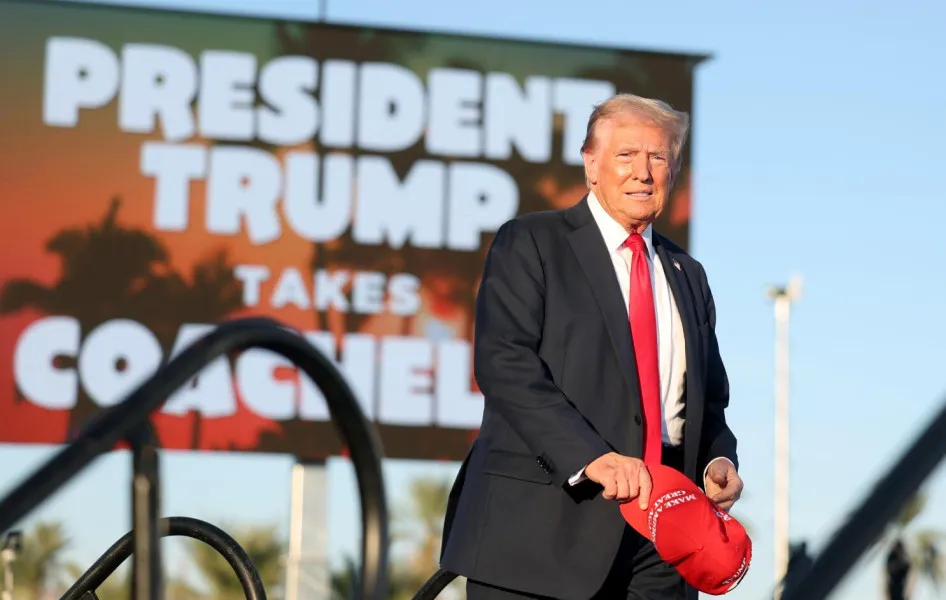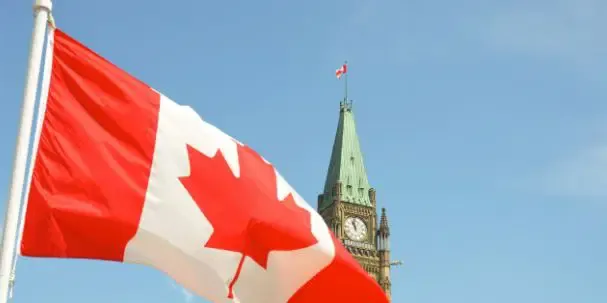Tehran’s foreign minister, Abbas Araghchi, has issued a stern warning of a “stronger” retaliation against any future aggression as Israel prepares its response to a recent Iranian missile attack. Speaking in Damascus on Saturday, Araghchi made Iran’s position clear, stating, “Our reaction to any attack by the Zionist regime is completely clear… For every action, there will be a proportional and similar reaction from Iran, and even stronger.”
This statement follows a recent comment by an Israeli military official, who, under the condition of anonymity, revealed that the Israeli army was “preparing a response to the unprecedented and unlawful Iranian attack.”
Araghchi, during his visit to the Syrian capital, emphasized the need for ceasefires in both Gaza and Lebanon, two regions heavily affected by the ongoing conflict. “The most important issue today is the ceasefire, especially in Lebanon and in Gaza,” he said, highlighting efforts for peace despite rising tensions.
His trip to Damascus comes nearly a year after the Gaza war was triggered by a Hamas attack on Israel, which further dragged in Hezbollah, Iran’s ally in Lebanon. Israeli strikes on Hezbollah targets have escalated since late September, with Araghchi underscoring that ongoing ceasefire discussions are underway: “There are initiatives in this regard. There have been consultations that we hope will be successful.”
Araghchi’s diplomatic efforts included a prior visit to Beirut, where he expressed support for a ceasefire that Hezbollah would accept, to be synchronized with peace efforts in Gaza. His journey to Damascus follows an Israeli air strike that cut off the main highway between Lebanon and Syria, aiming to disrupt the movement of weapons from Syria to Hezbollah forces.
Iran remains a key supporter of Syrian President Bashar al-Assad’s regime, which has faced internal conflict since 2011. In response to the missile strike on Israel, Assad’s office quoted him as saying it “was a strong response and taught the Zionist entity a lesson.”
The missile attack from Iran came shortly after an Israeli air raid in southern Beirut that killed Hezbollah leader Hassan Nasrallah, further escalating the regional confrontation.
